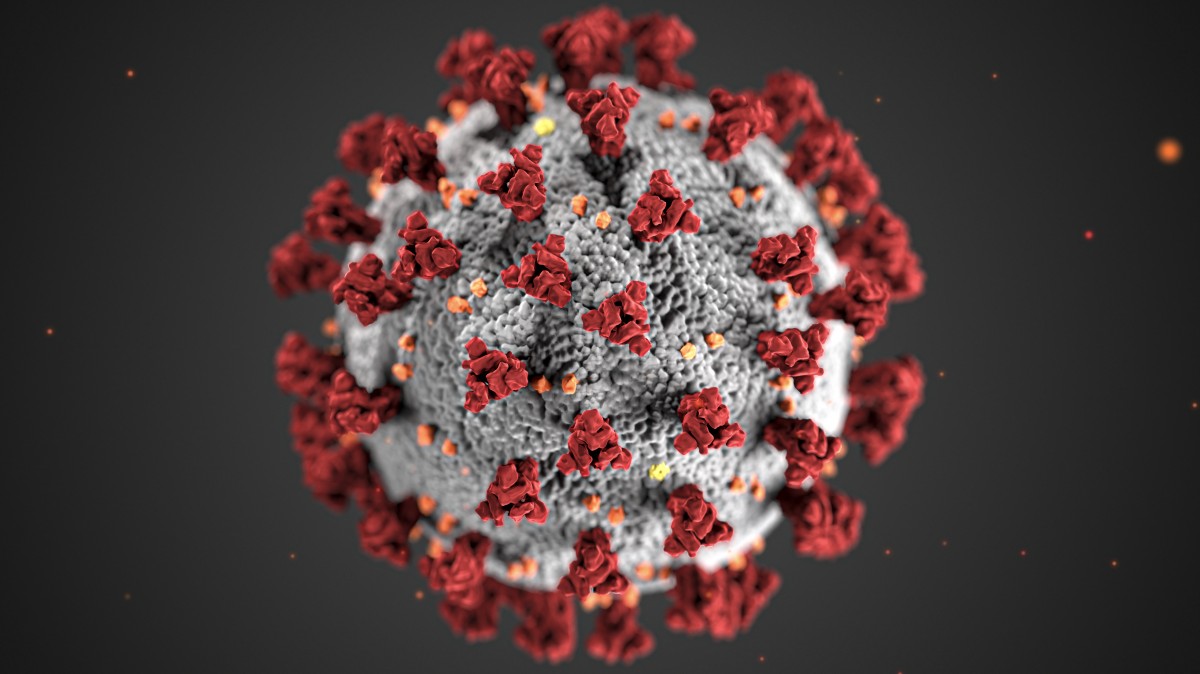On the first anniversary of Russia’s aggression against Ukraine (24 February 2023), the Ministry of Foreign Affairs of the PRC unveiled its proposal for a ‘Ukraine Peace Plan’, a 12-point policy pamphlet presenting China’s views of global affairs, ongoing conflict, and what it views as potential solutions.
While explicitly welcomed by Vladimir Putin during a joint press conference with Xi Jinping, scholars mostly had skeptical views of China’s plan on account of it being neither peaceful nor a plan.
A majority of Western leaders also expressed critical views of China’s position. Those who criticized it included leaders of both the EU and NATO as well as numerous high-ranging representatives of their individual member states.
However, despite expert criticism, the voices of European politicians were not uniform. In Slovakia, the political party SMER-SSD, led by current Prime Minister Robert Fico (at the time in opposition), organized a press conference to publicize China’s peace plan. The plan received enthusiastic praise from SMER-SSD partymen who applauded, “The People’s Republic of China gave great hope to the whole world.” Interestingly, the press briefing was held immediately after the party’s representatives returned from a meeting at the Chinese Embassy in Slovakia.
The video broadcasted from the press conference via social media was among the most viewed social media posts about China’s position on the Russian war against Ukraine in the Slovak infosphere, attracting over 200,000 views across multiple Facebook profiles.
This was not a one-off instance in the case of the SMER-SSD party. In the past, during the COVID-19 pandemic, members of the party promoted China’s propaganda about its medical aid to Slovakia, as well as spread disinformation about the disease potentially being a US bioweapon aimed to weaken China.
The above-outlined scenario illustrates well how the PRC has been instrumentalizing local voices to promote its agenda abroad. Previous studies have shown that in the case of Slovakia (and CEE more broadly), relying on established local voices tends to be a more effective way to spread China’s messaging (including propaganda and disinformation) compared to its channels of communication (e.g., embassy or ambassadorial social media profiles).
Recognizing this trend, this paper aims to analyze the evolution of narratives about China on social media in Slovakia. The research focuses on volume, themes, and actors contributing to forming narratives about China.
Besides China proper, we also analyzed narratives about four contentious issues labeled as ‘core interests’ by China: Tibet, Hong Kong, and Xinjiang. We have analyzed publicly facing (groups, pages, but not personal profiles), Slovak-language social media posts published between January and December 2023.
Data for the study was collected via the Gerulata Juno module, an AI-powered monitoring, research, and analysis platform that covers mainstream social networks such as Facebook, Twitter, Instagram, Tik-Tok and YouTube, but also Telegram and VKontakte, where the majority of pro-Russia and anti-West actors congregate. The generated dataset was then cleaned of posts that made only cursory mentions of the keyword without relevance to the post’s topic (e.g., “earthquake in Tajikistan was also felt in Xinjiang”) or appeared on travel blogs. Furthermore, only posts with at least five user interactions were included in the analysis.
We have conducted a statistical and content analysis of the aggregated data, focusing on the volume of published posts, most influential actors, as well as themes and sentiments of posts receiving the highest number of interactions (likes, shares, and comments), and views in case of video content, from their audiences. Attention is also dedicated to content specifically published by various ‘anti-system’ media outlets on social media, which were identified based on the dataset produced by the Konšpirátori.sk watchdog initiative.







